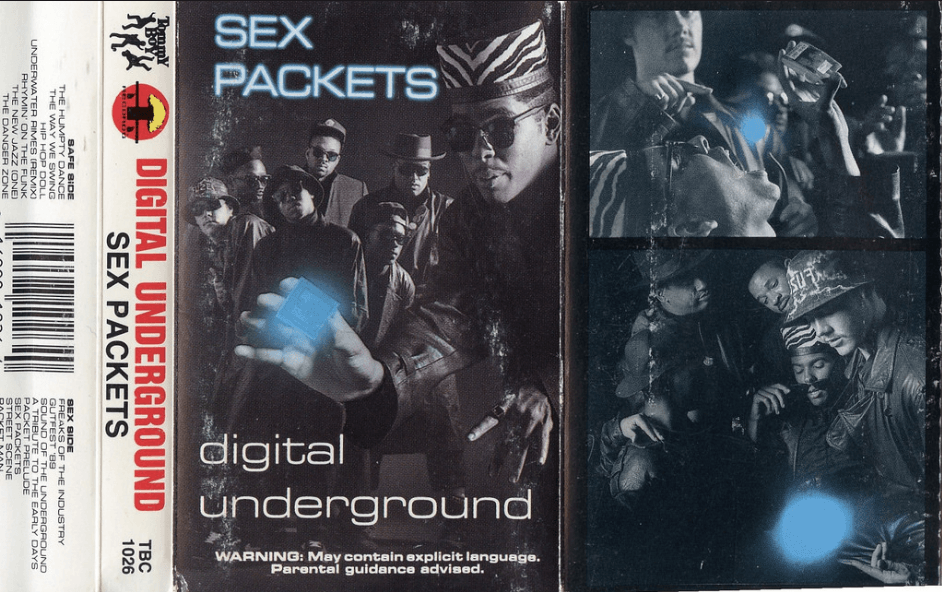The Spotlight: “Sex Pockets” by Digital Underground
2 min read
By ALEX BEMISH
Staff Writer
What it is:
The masterpiece of oft-overlooked Bay Area hip-hop crew Digital Underground, most famous for “Humpty Hump” and backup dancer Tupac Shakur.
Why you should care:
Hailing from Oakland, Calif., Digital Underground were one of the last “Golden-Age” hip-hop groups. In 1990, a year after both N.W.A. and De La Soul made their masterpieces (Straight Outta Compton and 3 Feet High and Rising respectively); Sex Packets was released. The album acts a kind of combination of those two albums, since the Underground comes, with a mix of the former’s menace and the latter’s whimsy. Yet this mix is also supplied with a raunchy edge.
Most of this record focuses on sex and various forms of “good times.” Sometimes, it does veer into the offensive (the misogynistic “Gutfest ‘89” and the hostile “Danger Zone”), but the main goal of the record is on the party atmosphere. This emphasis is best seen on two highlights of the album: the opener “The Humpty Dance” and “Doowutchyalike,” an eight-minute jam with a funny intermission.
“The Humpty Dance,” the most famous song by the group, gives the manifesto early on. It also introduces the character Humpty Hump (the alias of leader Greg “Shock G” Jacobs), a clown that has no problem expressing his sexual prowess despite being ugly. After meeting him, the listener is given a number of other wild characters, all done in the vein of Parliament-Funkadelic (where DU got most of their samples from). “Doowutchyalike” expands on all of this with greater gusto. The album then concludes with a mini-concept suite (made of five songs) about a futuristic drug that creates sexual hallucinations to prevent AIDS in a style similar to Prince.
While the lyrics occasionally lack bite (especially since this is from over 17 years ago), the music is what’s important here. The historical context is that DU was doing “G-Funk” before Dr. Dre popularized it on 1992’s The Chronic. Dr. Dre used the style for “gangsta rap” during the mid-90’s, though, as opposed to DU’s general goofiness. Despite the sexual explicitness of the rhymes and the occasional dip into cornball humor, the main reason to listen to this is see the end of hip-hop’s focus on having fun before it became all about thug posturing.
Who would like it:
Those who like old-school hip-hop, G-Funk, or the more eccentric side of rap (Outkast, Cee-Lo Green). The easily offended or those bothered by excessive raunchiness might want to stay away though.


